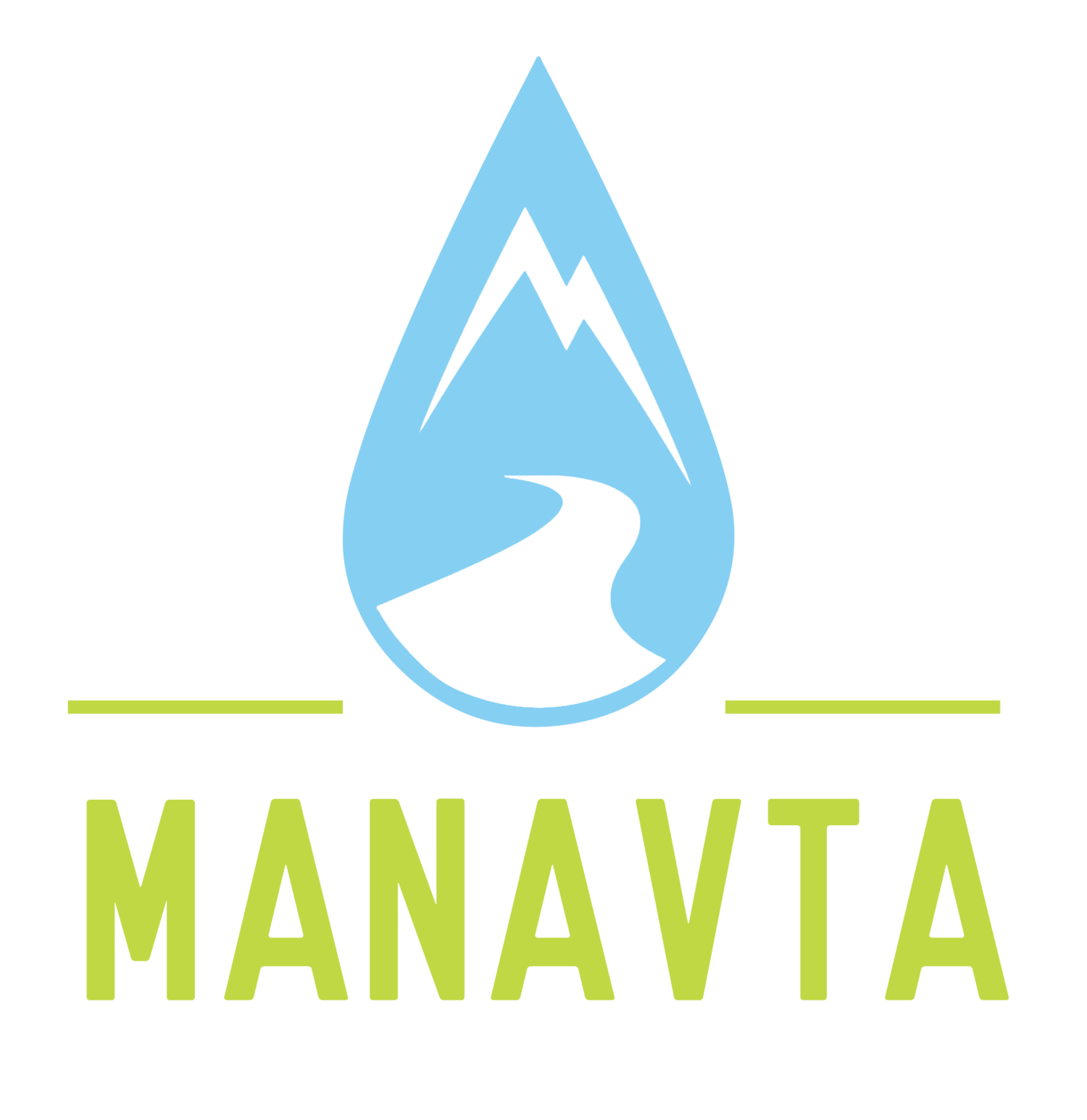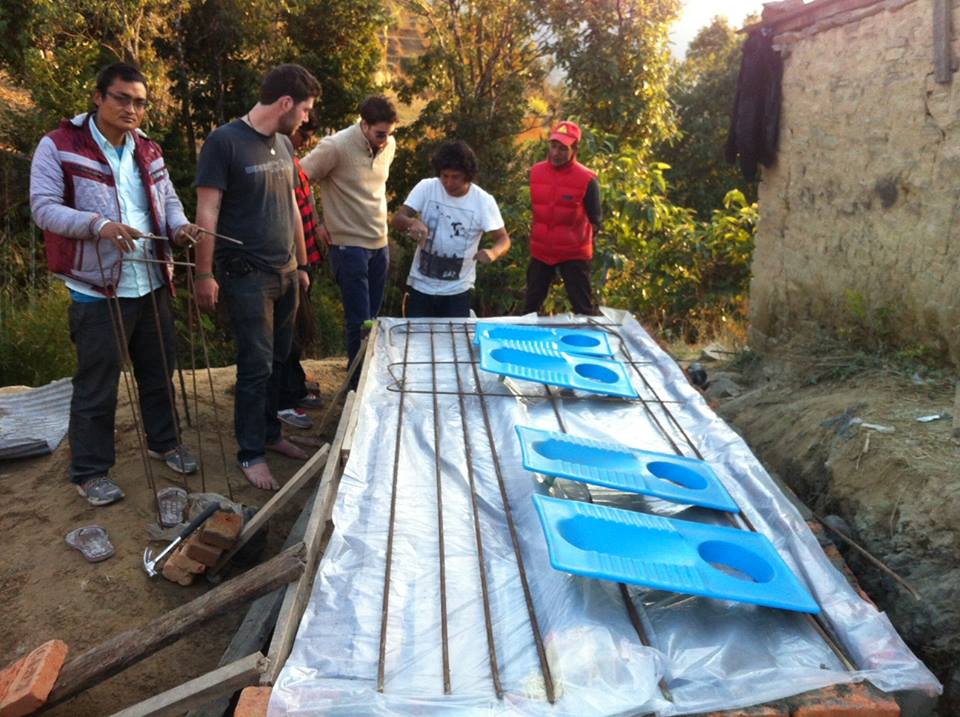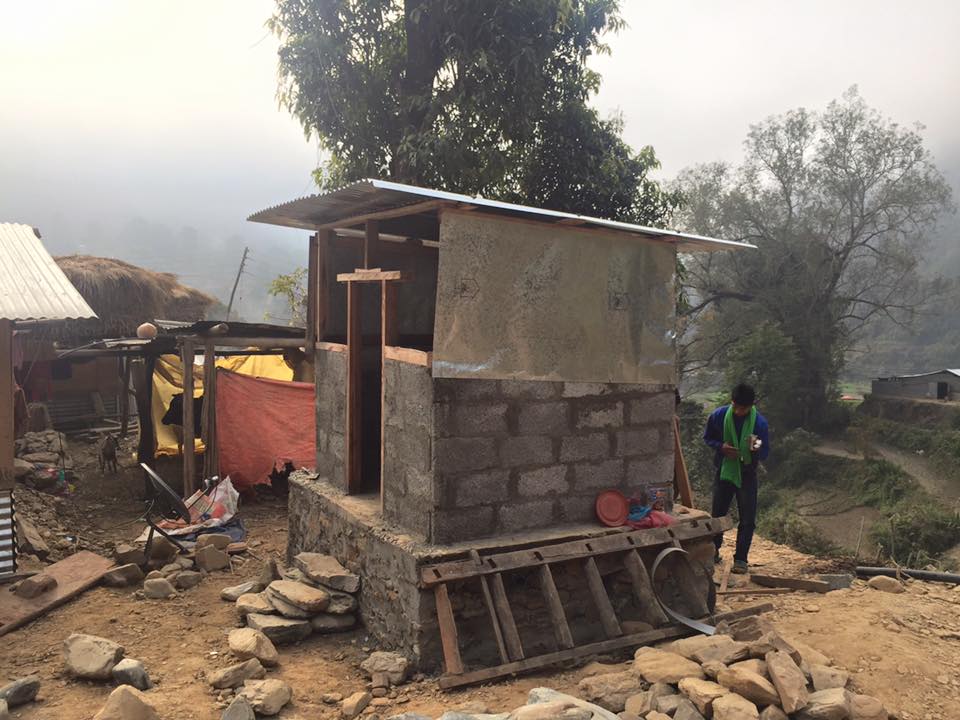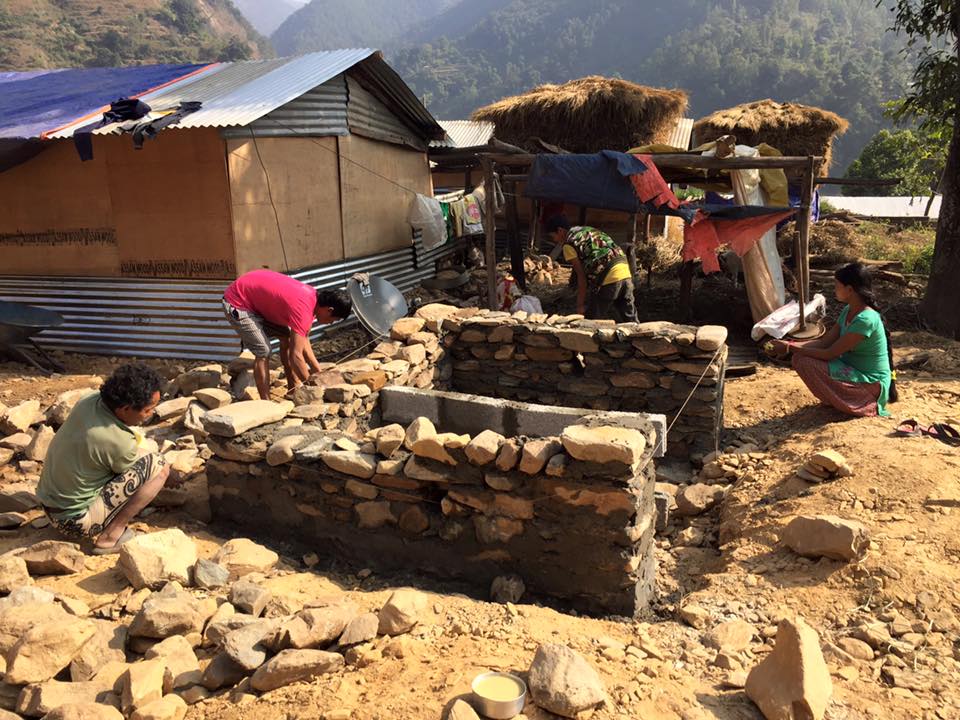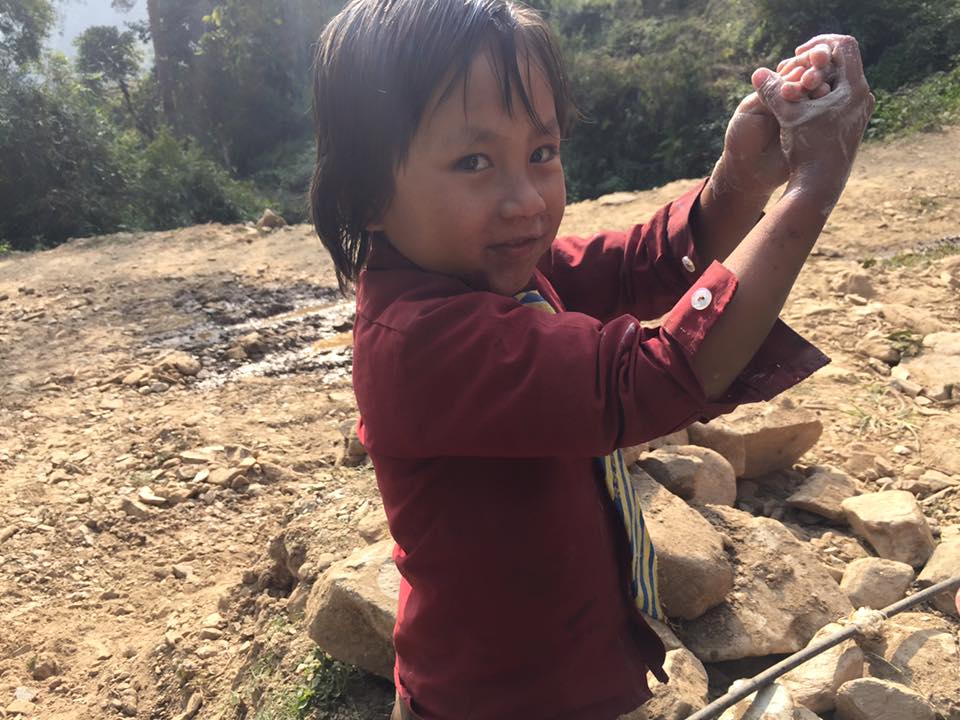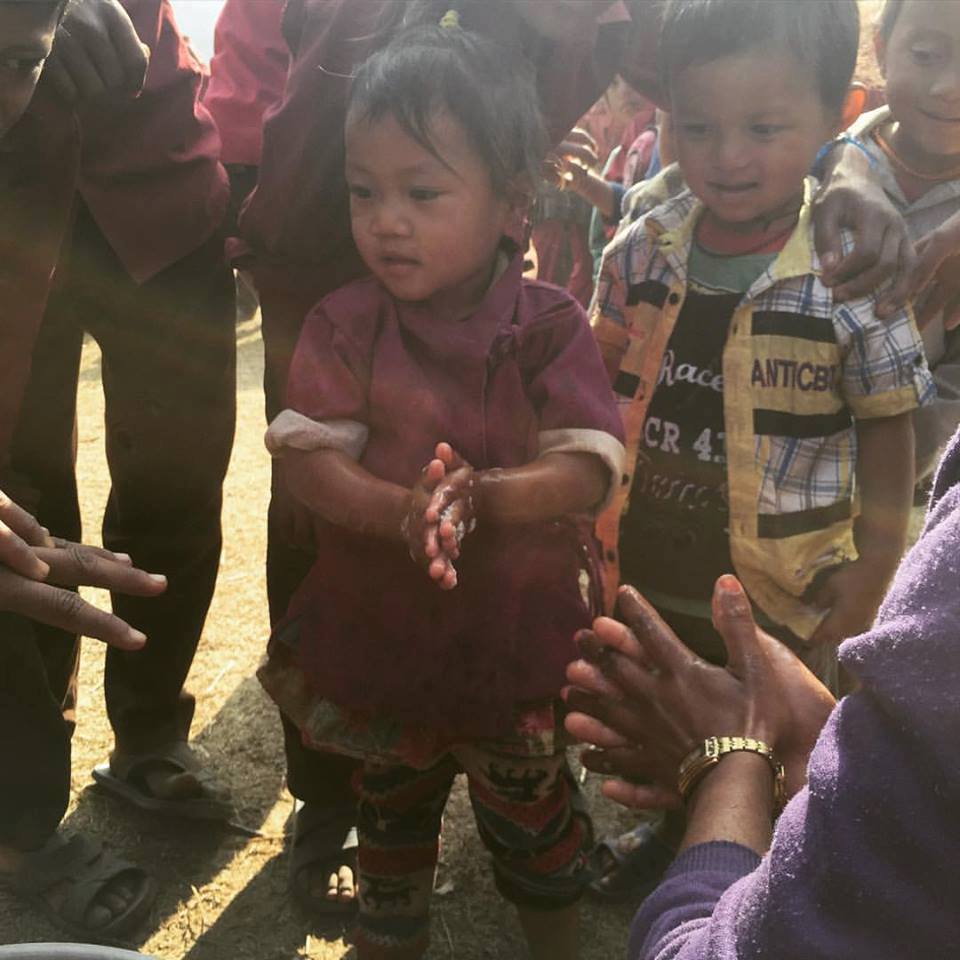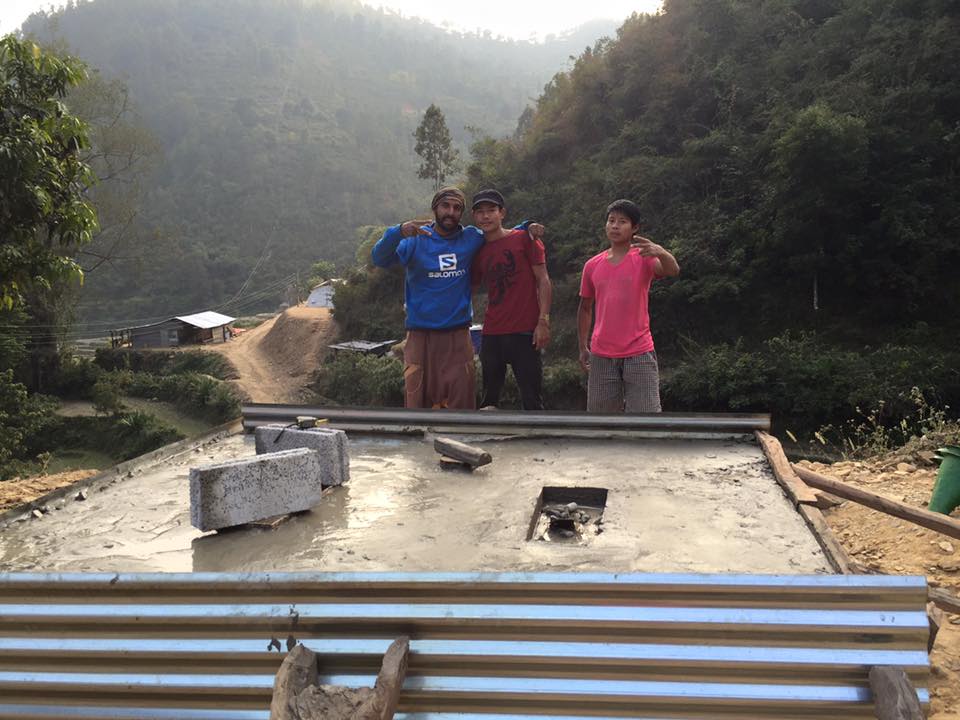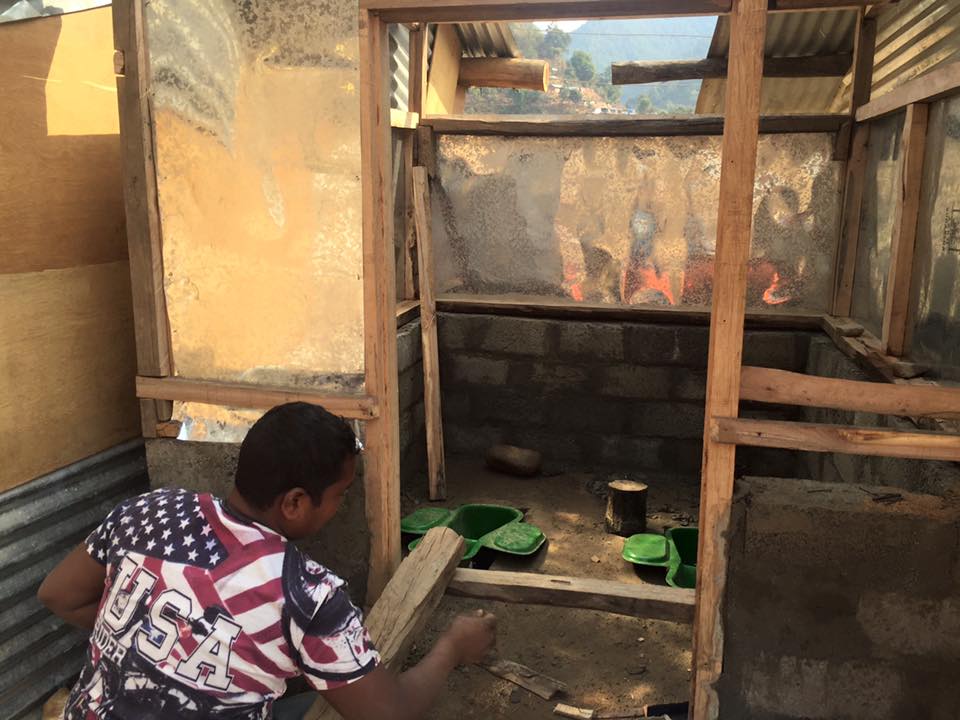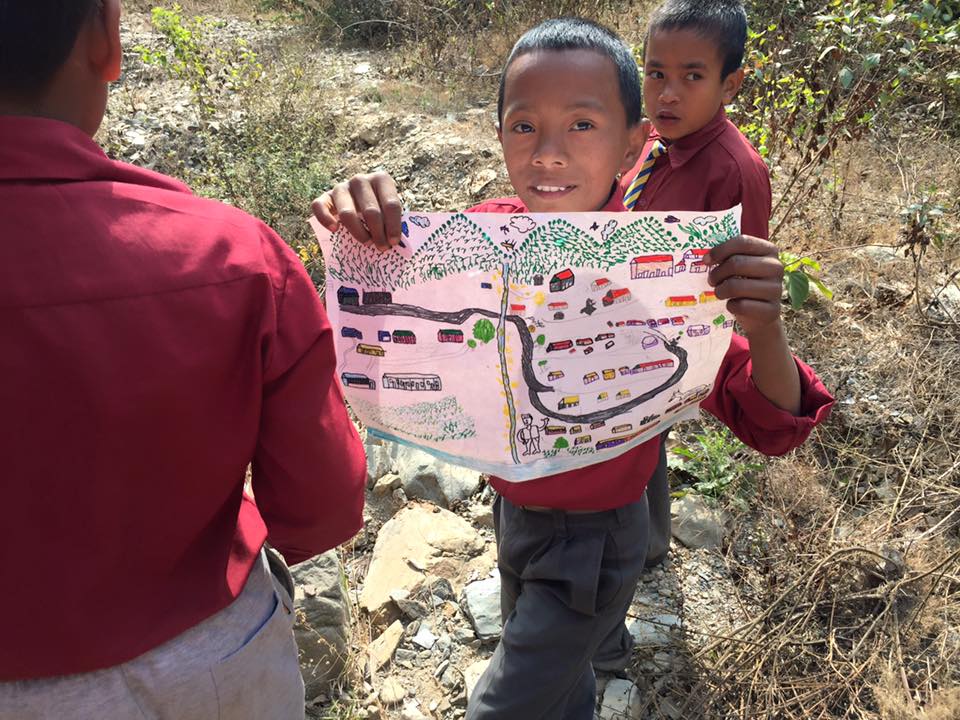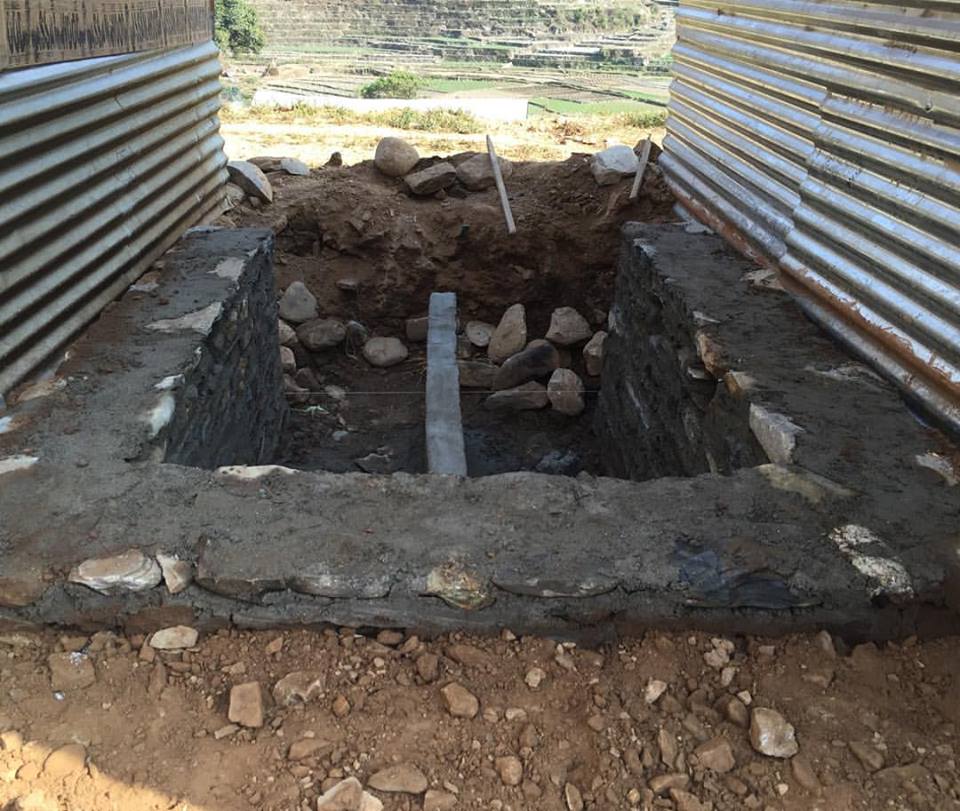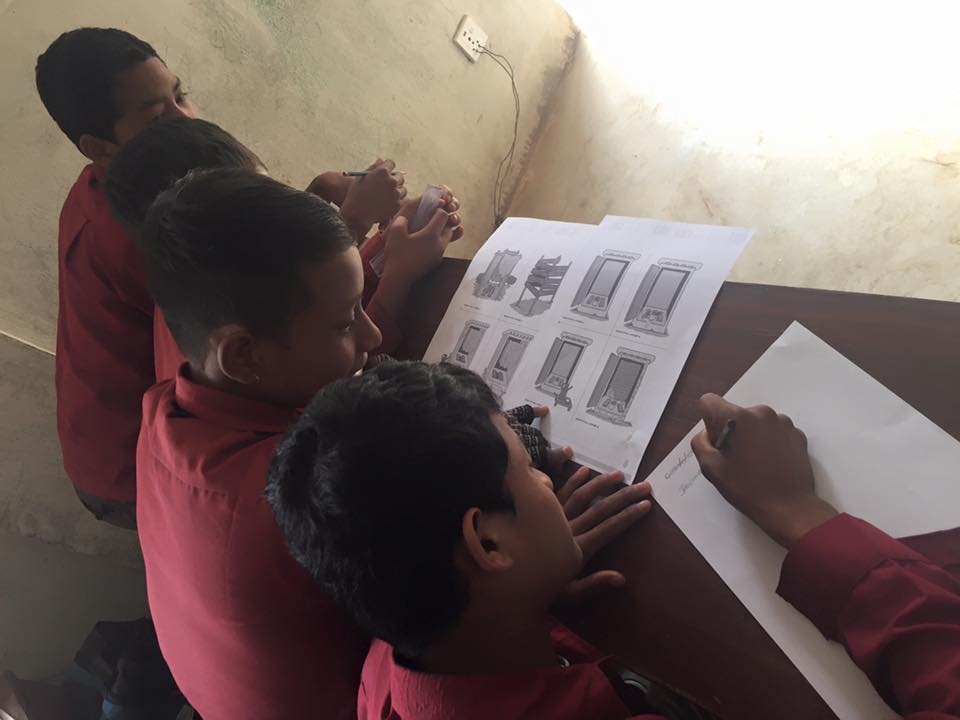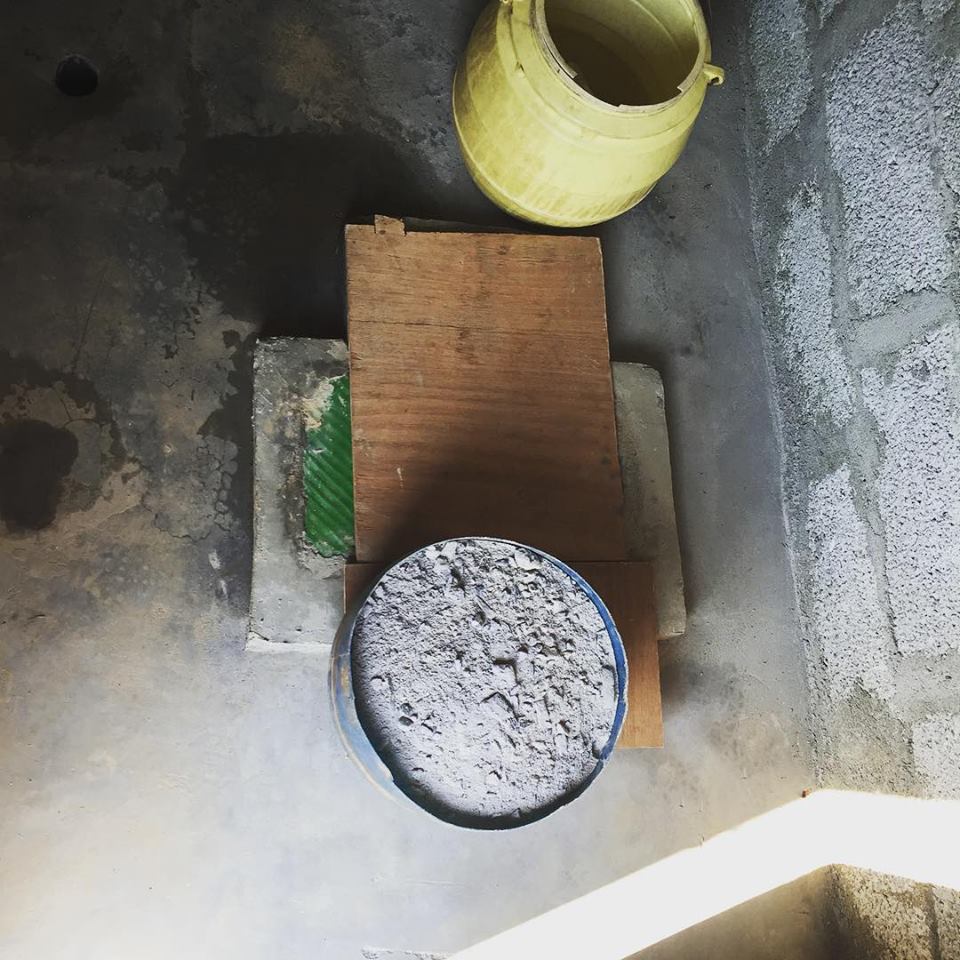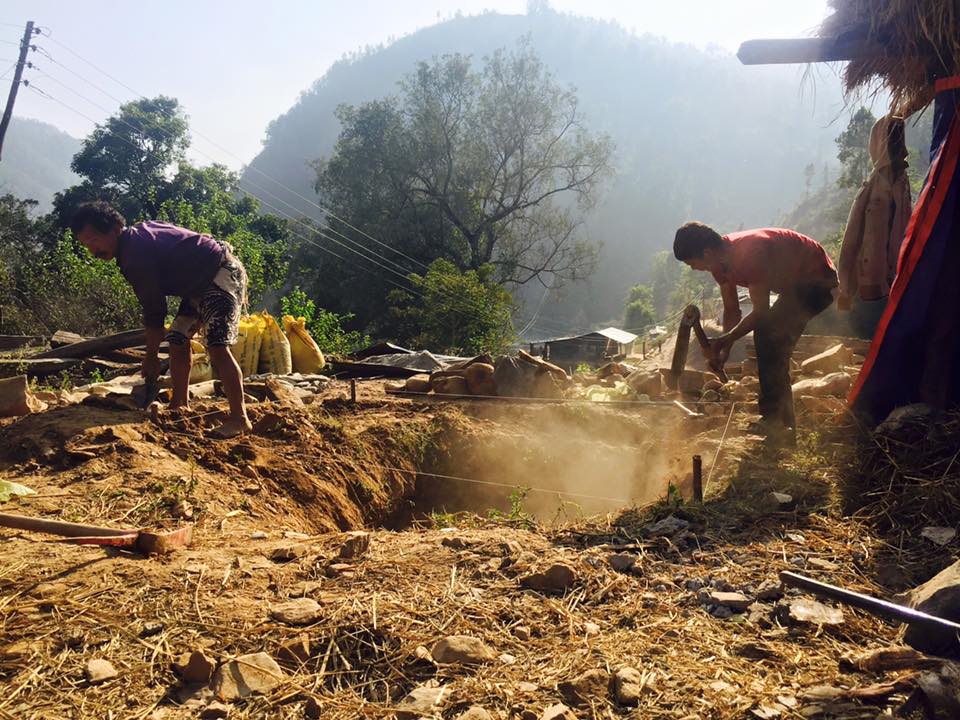
#GIVEASHIT
Girls Matter
Universal History Archive/UIG via Reuters
It all started in the year 1909.
The brave women of New York city sparked a campaign for change, a fight against oppression and inequality, a fight that’s lasted over a century. They’ve paved the way and are now joined by millions of women and allies around the world, fighting for the same thing – change.
A lot has been done to elevate women’s rights since this first march. In 2018 alone, women in Saudi Arabia were finally granted the legal right to drive, voters in Ireland struck down a draconian ban on abortion, Iranian women watched the World Cup in a stadium alongside men for the first time in decades, and the #MeToo movement sparked a much-needed international conversation about harassment and sexual assault. Most recently, a Netflix documentary about Indian women fighting stigmas around menstruation, Period. End of Sentence, won the 2019 Oscar for Best Short Documentary.
There is no doubt that progress has been made. It’s been slow but steady and significant.
Watch Charimaya Majhi, an inspiring woman and community leader from our project in Jholunge, speak on the importance of cleanliness for woman.
At Manavta, our mission is to create sustainable sanitation solutions for populations in need. In particular, today we highlight the girls in need. In Nepal, as many as 3 out of 10 girls report missing school because of their period, as access to safe and private latrine facilities are unfortunately few and far between. Skipping school once a month takes a huge toll on these children’s ability to intake and retain information, causing many girls in developing nations to eventually drop out. At Manavta, we’re changing that by continuing to raise awareness about the sanitation crisis, building toilets in high-need rural areas of Nepal, and educating along the way.
“Malala Yousafzai said, “we cannot all succeed when half of us are held back”. This means that our collective success depends on equalizing the playing field.
Ladies and allies, Happy International Women’s Day.
Keep fighting the good fight.”
It's World Toilet Day
Let me start by offering you all a Happy World Toilet Day! Happier, if you have access to a toilet… happiest if you’re reading this while sitting on your fully accessible toilet.
I’ll begin by paying my respects:
World Toilet Day is about inspiring action to tackle the global sanitation crisis.
The toilet, dubbed by The Economist Magazine as the world’s most useful invention, has saved billions of people from death and disease. Despite this, 892 million people are still subject to open defecation and the diseases that come with it. I say subject to because open defecation is not a choice that populations in countries such as India, Nepal and Kenya can make. Millions of people are forcefully subjected to live a life of poor sanitation and hygiene, simply due to lack of resources. Thankfully, organizations such as UNICEF, the UN and WHO are tackling this crisis with initiatives such as WASH to ensure that everyone has access to a toilet by the year 2030. Achieving this goal is essential to eradicating poverty, thereby making this world a safer, cleaner and happier place to live.
Enter Manavta…
For those we haven’t had the pleasure to meet, we’re Manavta, a non-profit organization that builds sanitation facilities at rural schools in Nepal. Our name, Manavta, means Humanity. Our journey began when we fell in love with Nepal and its people. We did our research and realized that more than half of the population doesn’t have access to a toilet. Even more disconcerting is that the lack of sanitation facilities in rural communities forces girls who start menstruating, to abandon educational opportunities, often leaving them trapped in a cycle of poverty. We’ve joined forces with fellow #ShitDisturbers and are looking to change the world, one toilet at a time. Through sustainable and innovative sanitation systems, we are not only looking to save the planet but humanity along with it. Our philosophy is to educate and empower the communities affected by this crisis so that together, we can help millions enjoy the same freedoms that we do.
For those of you enjoying this read on the toilet, remain seated a little while longer to spread this shit.
